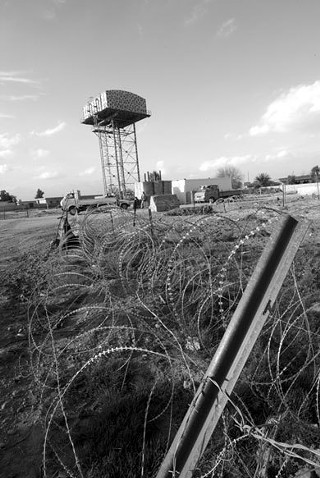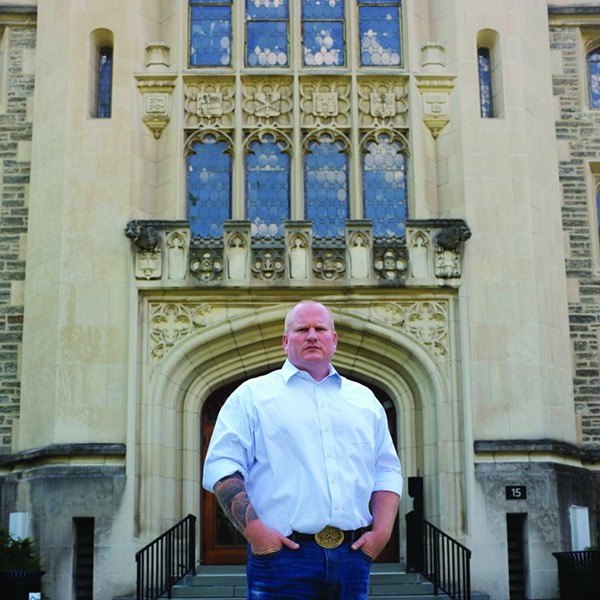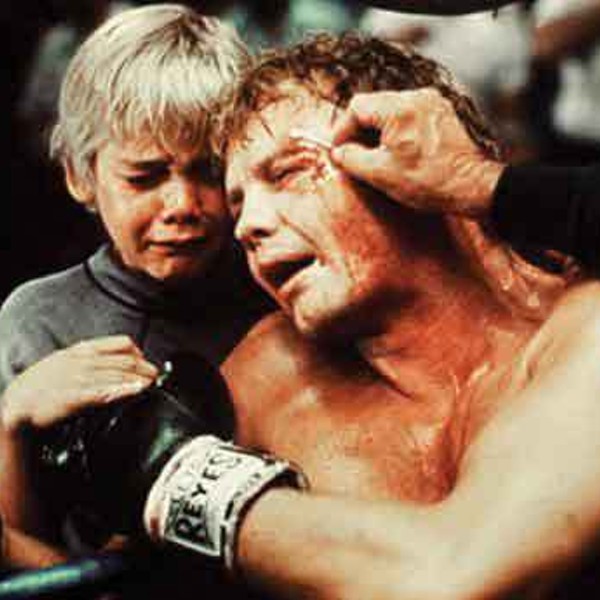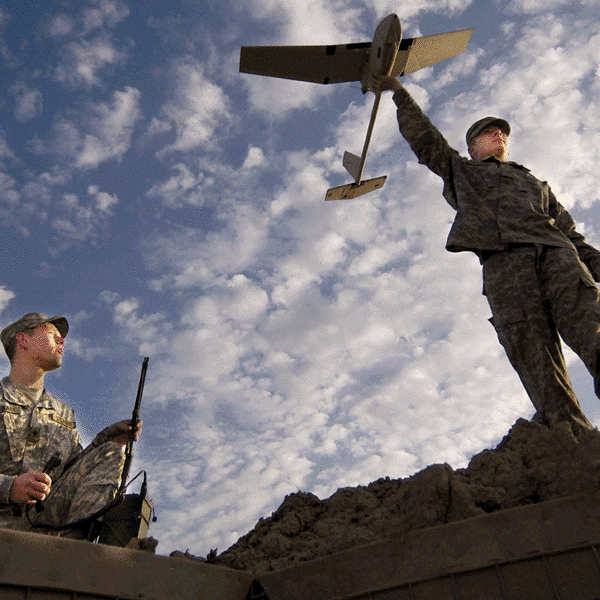a who’s who of complexities abound
We are in the center of the Sunni Triangle, and the Sunni villages where the resistance is strongest are in the middle of a larger Shiite’ community. The Shiite’, glad to have some sense of power after years of persecution by Saddam, are “oh so very happy” to work with the us, a baby-faced Iraq Civil Defense Corp (icdc) soldier tells me. We are standing at the entrance of the military base shared by coalition forces and the newly formed icdc. I am here to set up an interview with Lt. Col. Sassaman, the commander of the base; I am told that Sassaman is out on patrol and to try again. The soldier tells me his father was killed by Saddam years before. He then thrusts his Kalashnikov into my hands in a friendly, trusting gesture.
Some villagers talk of a “Mafia” and of smuggling that snakes back to the days of Saddam. “How do you think some people were able to live so lavishly under his reign?” more than one Iraqi asks me. “The Kurds are the best of smugglers,” another man offers. “In fact, the cpa [Coalition Provisional Authority] had to ask them to put an end to the overflow of vehicles that flooded the country immediately after the bombing ended. The sudden influx of cars was creating such horrible traffic jams.”
Indeed, on a second journey to Balad one week later, two newly minted, white suvs come hurtling toward us. From my van’s rear window I see the barrels of Kalashnikovs pointing outward from every window. The men inside are exquisitely attired in black, complete with sunglasses, and immediately I am reminded of the Clash’s “Rock the Casbah” while thinking, “This could be it...” As the first suv passed, our driver brakes. He too must have had a moment. The second suv passes without pause, and it is explained that the trucks must be carrying an important sheik.
In my old neighborhood we too called them Mafia.
The second visit to Fa’ath’s home in Abu Hishma is met with the same grand hospitality as the first but soon dissolves into conflict. During lunch, the sheik of the village arrives fresh from meetings in Baghdad, where he is a senator in the new government. He and Fa’ath argue right in front of us—a definite no-no in this culture. There is no doubt that some in the village are working with the resistance. Are we spies? Are we journalists? Why, after all their complaining and repeated visits by peace groups, has nothing been done? Why have no reparations been made toward damages? And Fa’ath’s biggest question, reflecting the concerns of many in the village: “When is my detained son to be returned?”
hard truths
It is true that many are not happy with Saddam gone. For these people, security disappeared when he did. So did the electricity, personal safety, and the rules and regulations that only a government system can provide. For these people it is not just that the Americans are killing people left and right—sometimes for no apparent reason, sometimes as retaliation for specific attacks (a fact that does not always get mentioned in the press). What worries them are the massive detentions—primarily males of all ages. During the day soldiers hand out goodies—pencils, crayons, blankets, and a few soccer balls (there are never enough soccer balls)—but at night the soldiers return; they break down doors, pull people out of their beds into the night air, put bags over the men’s heads, and make them sit for hours. Some are taken away. Many people speak of a friend, relative, or neighbor hauled off to some prison without any formal charge. In many cases family members go from prison to prison, hunting down loved ones, sometimes to no avail. And no one knows how many are being detained. When the Christian Peacemaking Team folks went to the Abu Ghraib prison, they could not get a straight answer from those on guard. One soldier said 10,000 were detained; another said maybe twice that.
Then there are the Iraqis lobbing mortars at the troops. One driver and interpreter, a very intelligent man in his 30s who served reluctantly in the Iraqi military for the mandatory one and a half years, blames the attacks on criminals “Five thousand dollars American to kill a soldier. Ten thousand to take out a crowd.” Others confirm this possibility. So the troops’ retaliatory methods, called Harassment and Interdiction Fire, are carried out for reasons that are legitimate, according to military thinking.



















